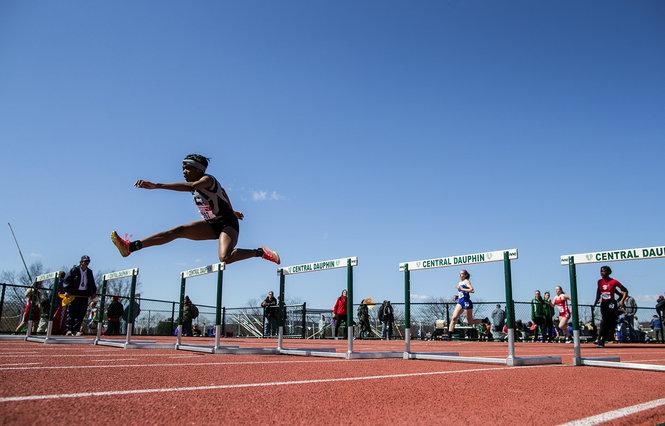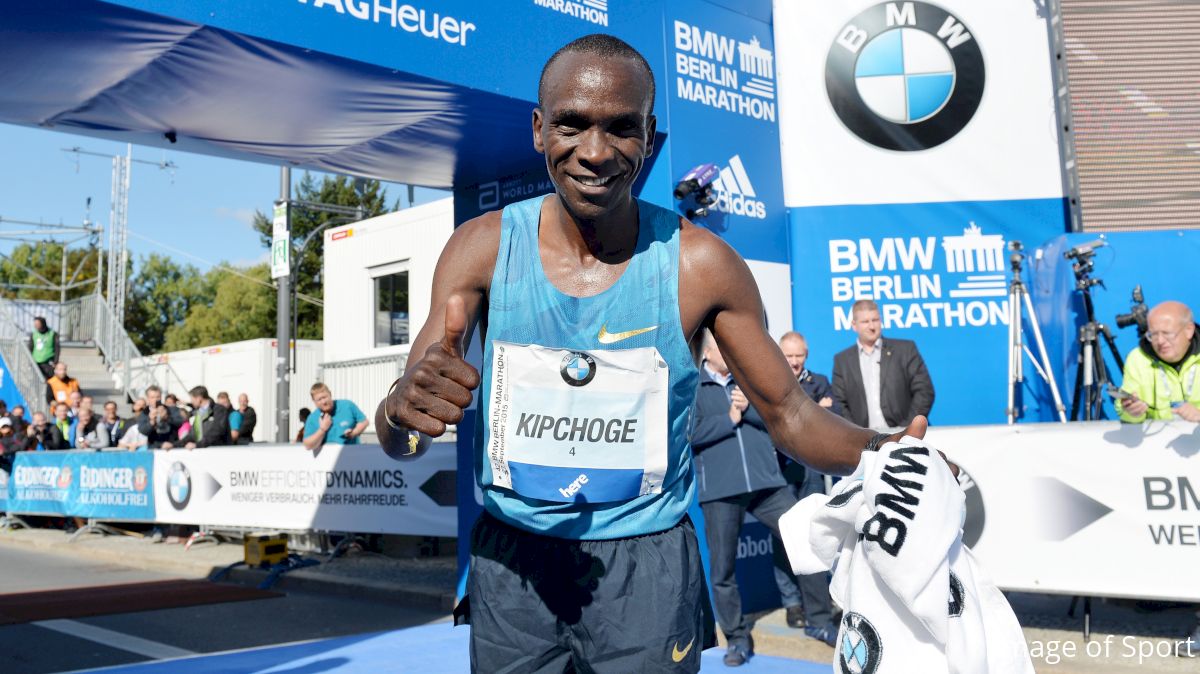Track athletes are surprisingly most likely to break records late in the day with body temperatures at their highest

Track Athletes Perform Best and Break Records when Body Temperatures are at their Highest

Track and field athletes have always amazed us with their incredible speed, endurance, and agility. Whether it’s the sizzling 100-meter dash or the grueling marathon, these competitors push their bodies to the limit to achieve greatness. But did you know that track athletes are surprisingly most likely to break records late in the day when their body temperatures are at their highest? It’s true, and understanding this phenomenon can provide athletes with a competitive edge.
Research has shown that our body temperature changes throughout the day, and this fluctuation can impact our performance in various activities. When we first wake up, our body temperature is at its lowest, gradually rising as the day goes on. By late afternoon or early evening, it reaches its peak. This increase in body temperature is due to our circadian rhythm, the internal process that regulates our sleep-wake cycle and influences other physiological functions.

So, how does this temperature fluctuation affect track athletes? Well, as our body temperature rises, our muscles become more flexible, allowing for better range of motion and increased power output. This flexibility is crucial for track athletes, as it enables them to generate more force and propel themselves faster during sprints or jumps.
Additionally, a higher body temperature enhances blood flow and oxygen delivery to the muscles. This increased circulation provides athletes with the necessary nutrients and energy to perform at their best. It also aids in the removal of metabolic waste products, such as lactic acid, which can build up during intense exercise and lead to fatigue.
Furthermore, higher body temperatures have been linked to improved reaction times and neuro-muscular coordination. This means that track athletes can react more quickly to starting signals, change direction swiftly, and maintain better overall coordination, crucial skills for succeeding in their respective events.
To optimize their performance, track athletes can take advantage of their body’s natural rhythms. Proper timing of workouts and competitions can greatly impact results. By scheduling key training sessions or races during late afternoon or early evening, athletes can maximize their chances of achieving record-breaking performances.
It’s important to note that individual variations exist, and not all athletes will respond in the same way. Some may perform better with different timing strategies, depending on their unique physique, training habits, or personal preferences. Experimentation and careful observation of performance patterns are key to finding the optimal time of day for each athlete.
In conclusion, track athletes hit their peak performance levels when their body temperatures are at their highest, typically late in the day. The increase in body temperature enhances muscle flexibility, blood flow, oxygen delivery, and neuro-muscular coordination, all of which contribute to improved performance on the track. By understanding and capitalizing on these physiological factors, athletes can harness their body’s natural rhythms to break records and achieve extraordinary feats. So, the next time you watch a track event, remember that behind those incredible displays of athleticism lies the science of body temperature and peak performance.
Source: Your Body’s Best Time for Everything: How to Eat, Sleep, and Work More Efficiently
Share
Related Posts
Quick Links
Legal Stuff

